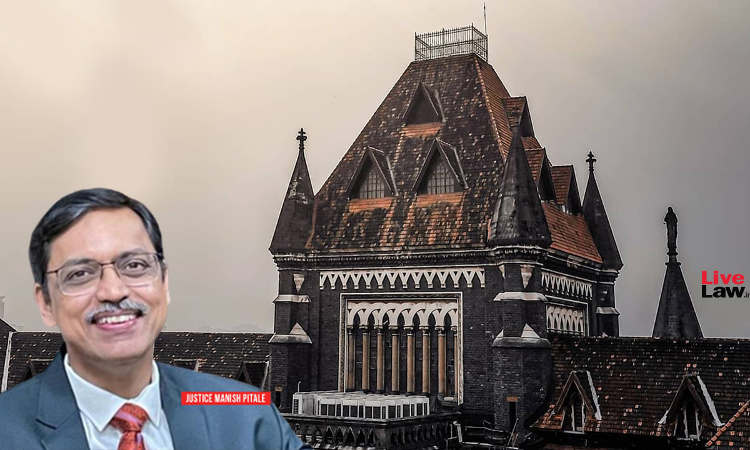- Home
- /
- High Courts
- /
- Bombay High Court
- /
- Bombay HC Rejects Copyright...
Bombay HC Rejects Copyright Infringement Suit Over Old Bollywood Songs, Says Assignment Of Music Rights Not Limited To Physical Medium
Saksham Vaishya
2 July 2025 12:00 PM IST
The Bombay High Court has dismissed a copyright infringement suit filed by the daughter of late Bollywood producer O.P. Ralhan, holding that the rights to exploit songs from his films were validly assigned in perpetuity and not restricted to any particular medium, such as physical records.Justice Manish Pitale, deciding the suit filed by Rupali P. Shah, held that the assignment...
The Bombay High Court has dismissed a copyright infringement suit filed by the daughter of late Bollywood producer O.P. Ralhan, holding that the rights to exploit songs from his films were validly assigned in perpetuity and not restricted to any particular medium, such as physical records.
Justice Manish Pitale, deciding the suit filed by Rupali P. Shah, held that the assignment agreements executed by Ralhan in favour of the predecessor of defendant No.2 (Adani Wilmar Ltd.) granted perpetual and wide-ranging rights that included the right to exploit musical works “by any and every means whatsoever.” The Court rejected the plaintiff's claim that the agreements only permitted exploitation through physical media such as gramophone records.
The dispute revolved around songs from seven Hindi films produced by O.P. Ralhan between 1963 and 1983, including the movie Talash. The plaintiff had filed a suit for perpetual injunction restraining defendant Nos. 1 and 2 from infringing upon the copyright of the plaintiff in the said songs, musical works, and musical rights. The suit was dismissed.
The plaintiff contended that the defendants' continued use of the songs, especially in digital media and commercials, constituted infringement since the agreements had either expired or did not cover non-physical formats. It was submitted that since only physical recording mediums were available at the time when the agreement of the year 1967 was executed, the defendant No.2 could claim the right of exploitation of the records/works under the said agreement only in physical mediums.
Rejecting the argument, the court noted that the agreement in question provided that the assignee would be entitled to the sole rights, inter alia, of use and performance (including broadcasting) throughout the world by any and every means whatsoever of the records of the works. The Court interpreted these wordings to mean that there is no limitation only to physical mediums.
“… the use of the aforementioned words in the above-quoted clause 10 of the agreement makes it abundantly clear that the assignee had the right to exploit the works by all means, although at the time of execution of the agreement, such works were recorded in gramophone records. This Court is unable to read the limitation only to physical mediums as canvassed on behalf of the plaintiff,” the Court observed.
On the issue of expiry of time, the Court remarked that the assignment of rights in the subject works was in perpetuity, and the restriction of the time period was only to indicate that such rights were perpetually assigned in the context of works that were created within the said time period. The Court also rejected the plaintiff's argument that since the expression 'sound recording' had no mention in the Copyright Act, 1957, it cannot be assumed that rights in sound recording were assigned, on the ground that the substance contained in the work being nothing other than sound, and hence, it would be inappropriate to hold that such substance was never assigned to the assignee.
Relying on the conduct of parties as a relevant factor for the interpretation of the subject agreement, the Court came to the conclusion that wide-ranging rights were assigned to the defendant No.2 for exploitation of the copyrightable material, and therefore, the limitation of physical medium for exploitation of the rights being insisted upon by the plaintiff, is misconceived.
Case Title: Rupali P. Shah v. Adani Wilmar Ltd. & Ors. [Commercial IP Suit No. 101 of 2012]



